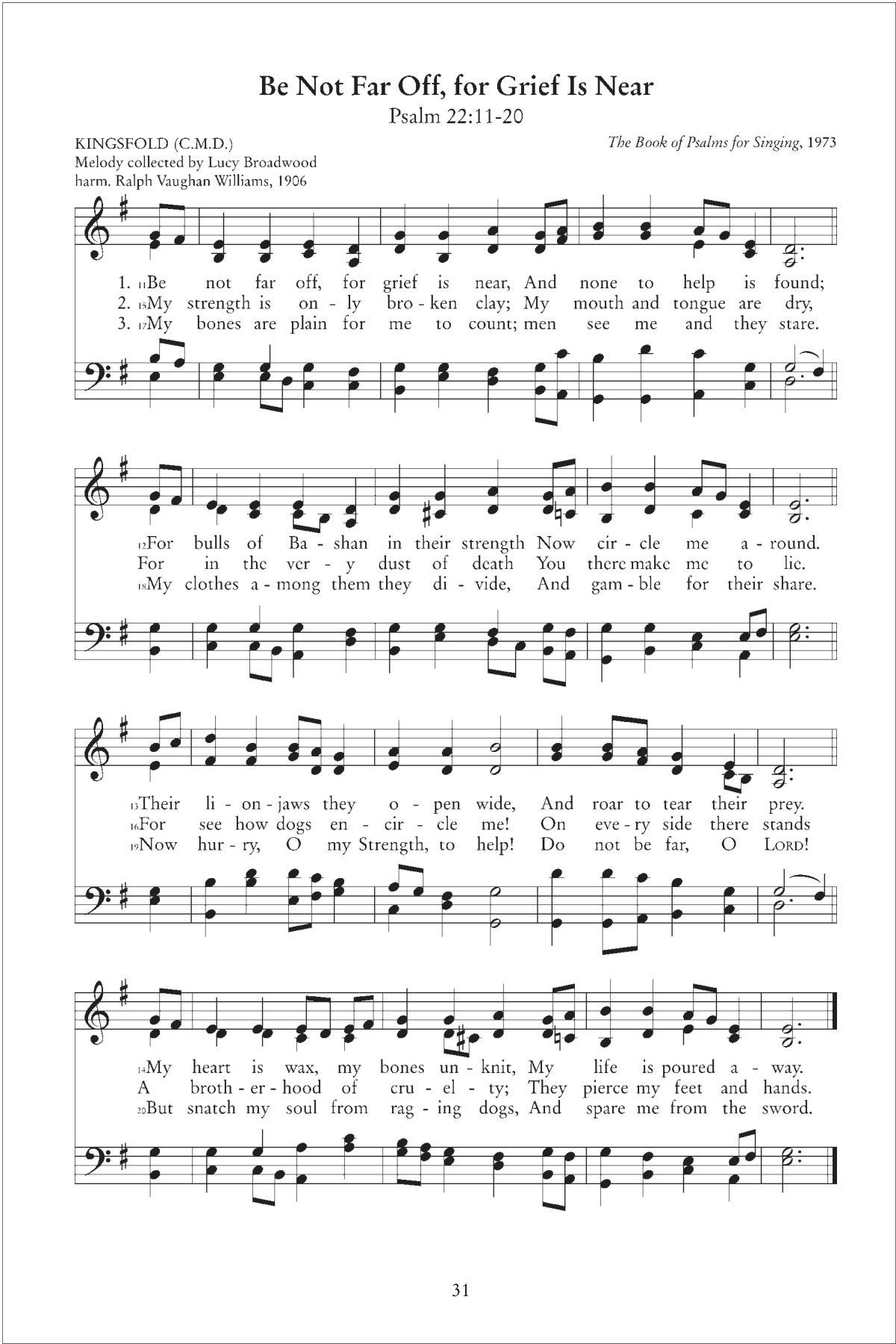There are many challenging imperatives in the Bible. I would place anxiety on the top-five list. Yes, God provides strength and wisdom to fight anxiety. The reality, however, is that we often live with its presence daily. After all, it is easy to be anxious about thinking about an anxious-free life. Children, family, relationships, finances, and education all add to the notorious list.
“Do not be anxious about anything, but in every situation, by prayer and petition, with thanksgiving, present your requests to God.”
It’s essential to add that anxiety in biblical categories is not avoiding all concerns. The anxiety the Bible addresses is not a concern for the well-being of a loved one who is traveling or the natural concern for the health of a friend. Anxiety in the Bible is the all-consuming and imprisoned sensation of driving your life through the lens of your troubles and cares.
To live concerned with big or little things is not the problem. The problem stems from allowing these big and small concerns to drive your day-to-day. In fact, according to Paul, anxiety stems from a lack of gratitude and proper devotion to God. It is rare to find a grateful person driven by his/her anxiety.
Anxious people draw others into their anxiety. Are you that way? Do you use your anxiety to manipulate people? Or does your anxiety lead to petition and piety and praise to God?
Our Lenten journey drives us to the crucified Jesus. He offered his petitions to his Father in heaven. Even in the midst of difficult circumstances, he directed his deepest yearnings and questions to the Divine Father, who does all things well. We are driven by our anxieties because we are not driven by our devotion to the Lord of the Cross.
Prayer: Gracious and Holy Father, in love you created us; you made us reflect your glory and expect your future glory to be manifested in our lives. Forgive us when we blind ourselves to your blessings by anxieties that darken our minds. We wish to see clearly your future, and so, we pray, take away our anxious hearts and replace them with comforted hearts who know and trust in your tender care through Jesus Christ our Lord, amen.
~~~~~
Notations:
*Peter’s betrayal in Mark 14 happens by a fire. His restoration happens around a fire (John 21). Peter is tested by fire and then refined by fire.
**MacDonald’s The Princess and the Goblin portrays princess Irene as someone who is easily persuaded to see the best in others. This exchange reveals so much about her interaction with her world, and it is a fine example of godly patience:
“We are all very anxious to be understood, and it is very hard not to be. But there is one thing much more necessary.'
What is that, grandmother?'
To understand other people.'
Yes, grandmother. I must be fair - for if I'm not fair to other people, I'm not worth being understood myself. I see.”
***A dear friend reminded me recently how easy it is to trust in your own strength to carry on your labors and how difficult it is to relinquish that strength to God’s mighty hands. This came clearer in a straightforward line from my old professor, John Frame when he writes: “God made us and therefore he owns us; we may not quarrel with him” (23, IST). Doing things by your own strength is a form of quarreling with God’s ownership.





I needed this today. Bless you.